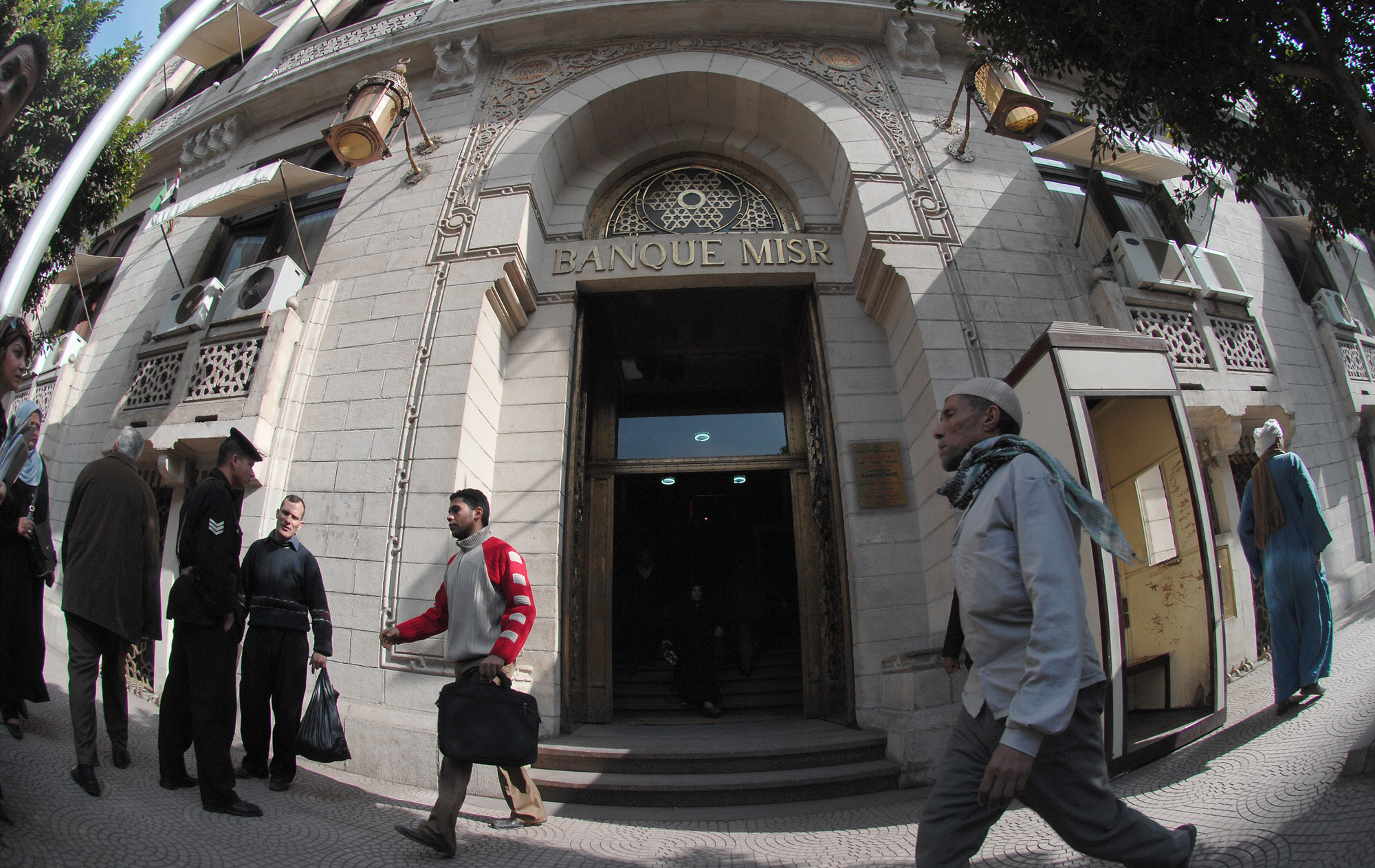The number of real estate development companies operating in Egypt has grown remarkably over recent years, rising from just 75 firms in 2016 to around 1,910 by 2025, according to Osama Saad El-Din, Executive Director of the Real Estate Development Chamber at the Federation of Egyptian Industries.
Saad El-Din attributed this surge to strong government support, including extensive infrastructure development, road network expansions, and the provision of suitable land plots for projects. These measures, he explained, have attracted both local and Arab investors to the Egyptian real estate market.
He noted that the Chamber classifies companies as small, medium, or large based on their invested capital, and that thousands of new developers are currently applying to join.
Highlighting the sector’s importance, Saad El-Din described real estate as one of the main engines of the Egyptian economy, benefiting from continued growth despite economic challenges. He stressed the need to simplify procedures and boost real estate exports abroad, pointing out that Egypt offers competitive advantages in property investment compared to other markets.
He further revealed that only 14% of Egypt’s land has been developed so far, despite intensive efforts in recent years, leaving more than 86% of the country’s land area untapped—representing significant opportunities for future projects.
Saad El-Din also expressed hope that government support would continue, making it easier for Egyptians, Arabs, and foreigners to legally acquire property. This, he argued, would reinforce Egypt’s status as a leading real estate destination in the region.
Despite economic headwinds, Saad El-Din remains optimistic about the sector’s prospects. He said real estate in Egypt continues to serve as a reliable store of value, supporting steady price growth over the long term.
He explained that property prices are mainly driven by various inputs—such as the rising costs of raw materials, labour, and interest rates. As production costs increase year on year, this is reflected in final property prices.
Regarding demand, Saad El-Din confirmed that the Egyptian real estate market remains attractive for both residential and commercial investment, supported by the country’s growing need for urban expansion.
“The market is expected to see stronger demand for commercial properties if the local economy is stimulated and business activity picks up,” he said. “There is no doubt that legislative and economic developments impact the real estate sector, but investors should remember that as long as Egypt continues to expand its cities, real estate will remain the best investment option.”
He added that despite current economic pressures, the sector is likely to keep growing, driven by sustained demand for land, infrastructure, and new residential and commercial projects.
Saad El-Din concluded that close monitoring of economic indicators—such as interest rate trends, developments in the construction sector, and potential legislative changes—will be essential. Nonetheless, he affirmed that Egypt’s real estate market is expected to maintain its stability and attractiveness going forward.


